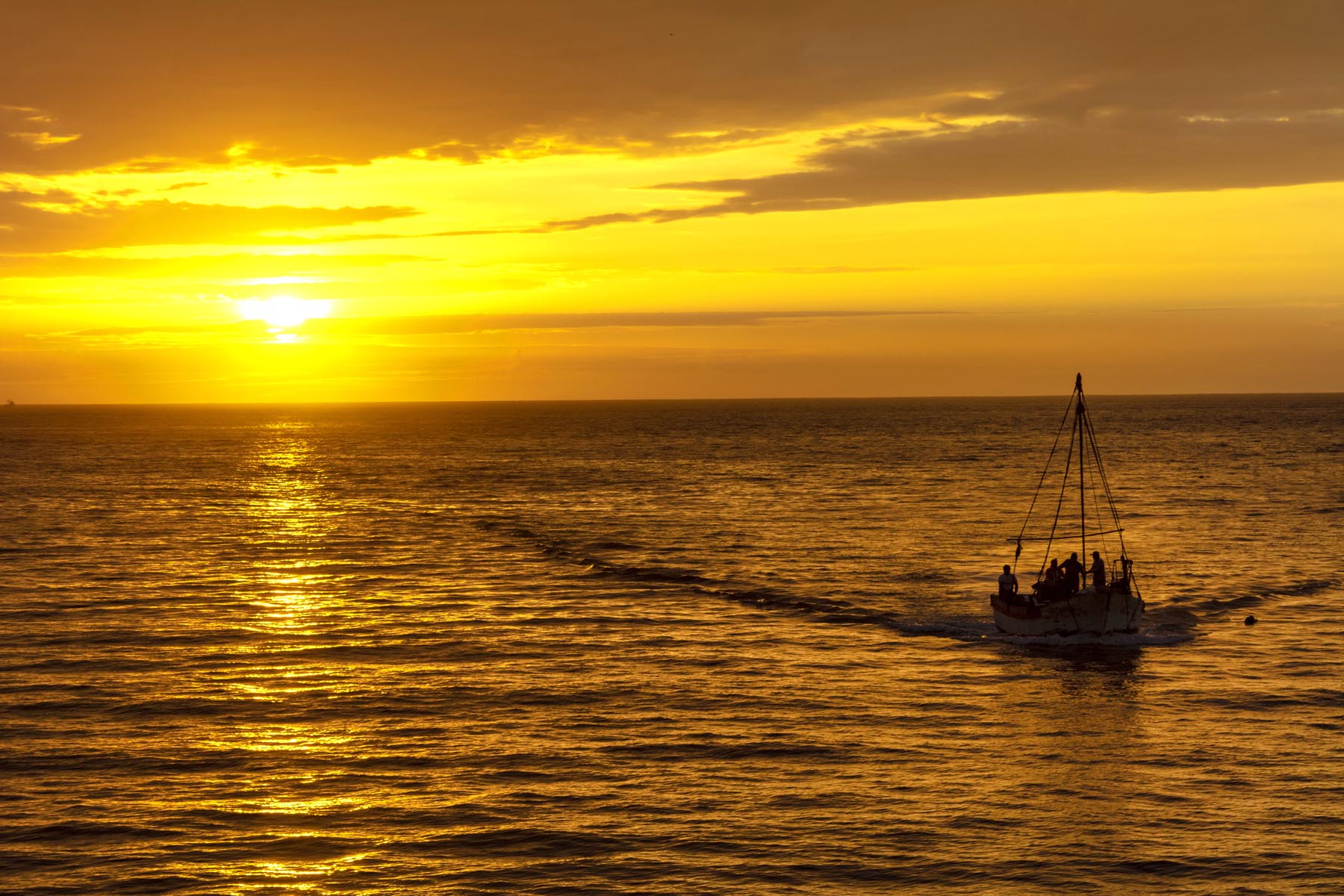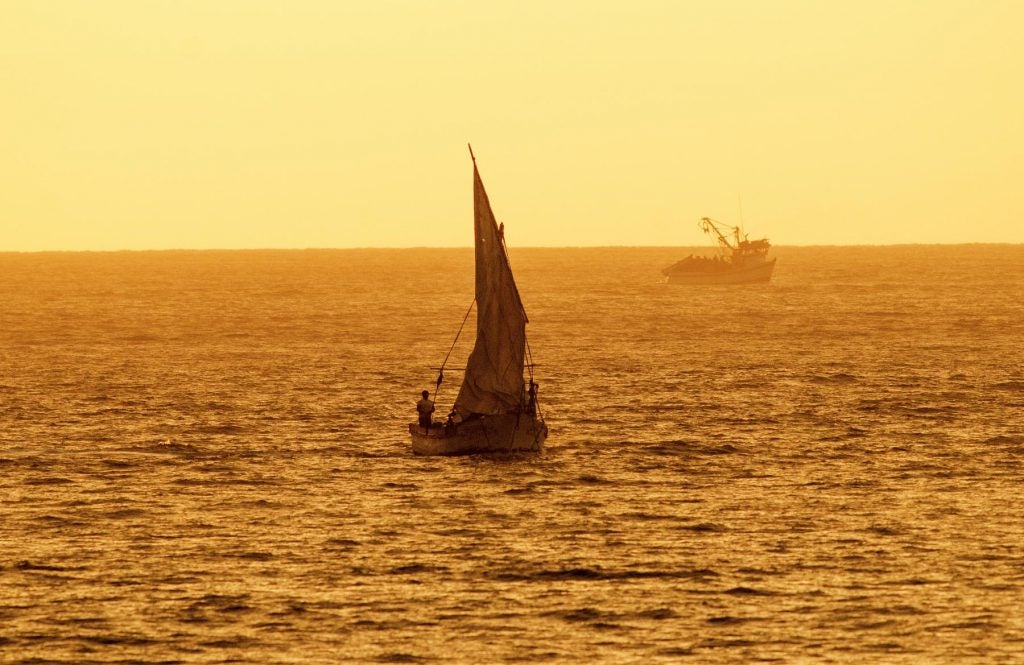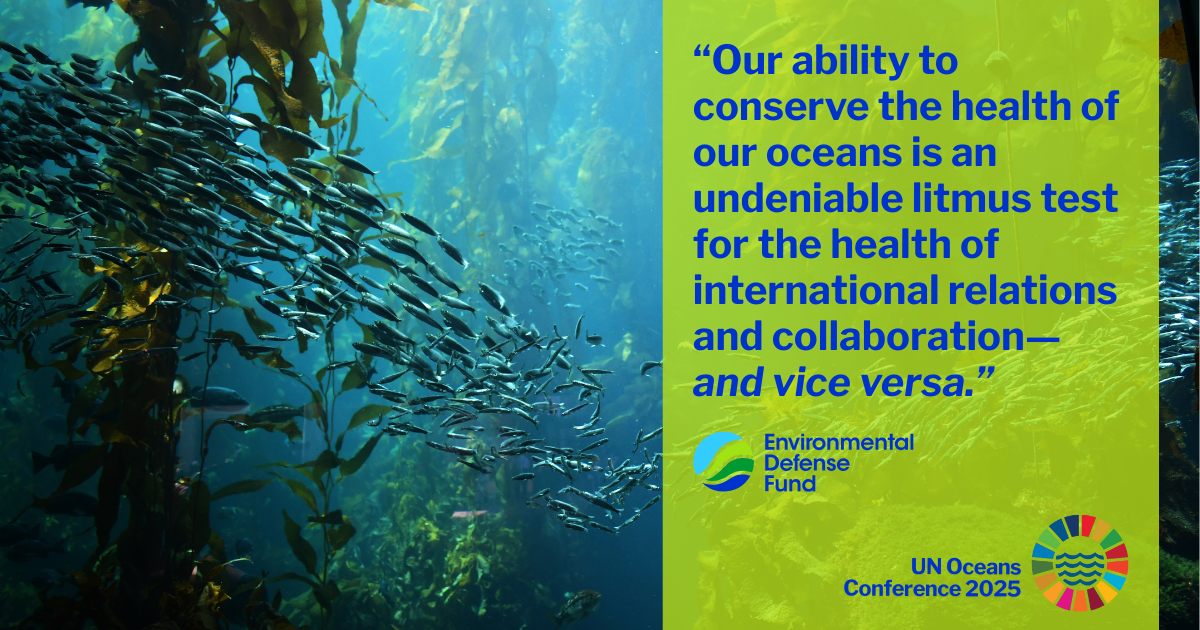Fisheries resilience in the Humboldt Current: one step closer to achieving sustainability

By Cayetana Aljovín and Erica Cunningham
Evidence abounds showing that our world — and especially our seas — are changing. This is particularly notable in the Humboldt Current Large Marine Ecosystem, where we have seen changes in the distribution of fish stocks, temperature anomalies, wave surges, harmful algal blooms and much more. Yet, the Humboldt Current continues to be a source of fisheries productivity, livelihoods, economic development and food security for the two most important fishing nations in South America: Peru and Chile. The Humboldt Current unites these two countries, which is especially important as climate change impacts require a united front to combat them and a new way to manage fisheries.

For decades in Peru and Chile, the objective of good fisheries management has been sustainability. But due to the impacts of climate change, sustainability alone will not be enough. We need a more comprehensive view of sustainability — where we build our collective capacity to implement an ecosystems-based approach to fisheries management, which requires among several things, a greater collaboration at all levels of governance, plus the use of scientific tools to predict climate change impacts and carry out adaptive management accordingly. An online platform called Humboldt Resiliente supports and promotes this vision and the collective actions needed to meet the challenges ahead.
Despite the predicted declines in global fishery productivity, we know that by implementing reforms to achieve adaptive management to climate change, we can still increase fisheries profitability and combat many of the negative environmental and social impacts produced by climate change (Free et. al, 2020). In addition, Chile and Peru are already working together to achieve a shared vision. The two countries are creating a suite of scientific tools needed by decision-makers and the ministries in charge of fisheries in order to conduct adaptive management. One of these tools is a shared Observation, Prediction and Early Warning System (or SAPO, its acronym in Spanish) for Humboldt Current fisheries. This system allows the scientific institutes of Chile, Peru and Ecuador to share and compare information, work on models at the ecosystem level and create early warning indicators for adaptive fisheries management.

Likewise, the work of the fishing industry may also offer various solutions to climate change challenges. Involving fishers and stakeholders, who are observing the sea on a daily basis, is critical to have more effective fisheries governance and robust science.
Since 2017, Peru’s National Society of Fisheries — the country’s largest industry association — has implemented the Salvamares Program. Its main objective is to contribute to marine sustainability and resilience by monitoring and releasing main bycatch species within the target fisheries, mitigating the capture of juvenile fish and developing a large database at ecosystem scale that can help to understand the effects of climate change on the oceans and critical fishing grounds.
It’s also very important that climate-ready fisheries management be carried out at all levels — for the fishing sector and at the institutional level. For this reason, SNP has invested more than $500 million dollars in the implementation of new technologies to mitigate the impact on the ecosystem and improve the efficiency of the fishery, including circular economy activities, the use of natural gas to contribute to the reduction of carbon emissions, improved control and surveillance, and the protection of juvenile fish, among other actions.

Finally, the creation of alliances between the fishing sector, government and scientists is equally important to combat and adapt to climate change. We know that by acting alone we will not successfully adapt or mitigate many of these negative impacts, but the upside of collaboration is threefold. For this reason, EDF has an agreement with SNP to work on creating forums and alliances that increase collaboration around improved science and sustainable and resilient fisheries management so we may all tackle climate change successfully.
We invite more fisheries stakeholders to collaborate on adaptive and sustainable fisheries management projects by sharing their ideas and scientific studies on Humboldt Resiliente, and by using new technologies that can help us adapt to and mitigate climate change.
We have a great opportunity to ensure a productive and healthy future, where generations to come can continue to eat fish and benefit from the riches of the sea. The time to act is now!












